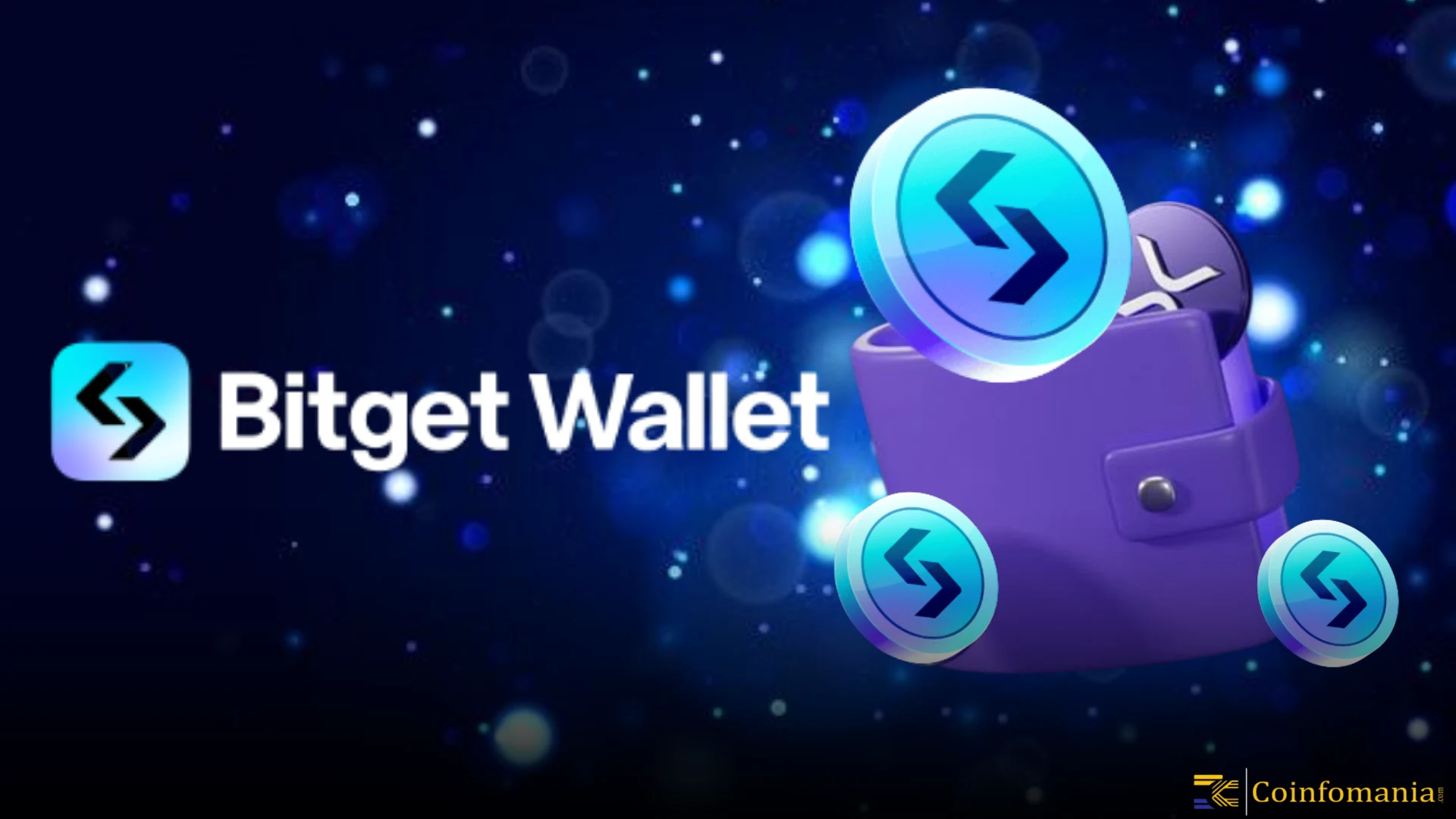Bitget Wallet Launches High-Yield Pools Amid Growing Retail DeFi Interest
0
0

In an effort to make decentralized finance (DeFi) more accessible to everyday users, Bitget Wallet has introduced the Alpha High-APR Pools Zone, featuring a curated set of high-yield liquidity pools now accessible through the Binance Alpha Earn Zone. With APRs ranging from 500% to 2000%, the feature promises immediate earning potential for users who provide liquidity — but not without some drawbacks.
A New Era of Liquidity Provision?
Bitget Wallet’s announcement highlights three key liquidity pairs now live: USDT-ZKJ, WBNB-SOON, and WBNB-B2. These pools form part of the Binance Alpha Earn Zone, a dedicated section within the wallet’s DApp browser that lets users stake token pairs in exchange for yield rewards.
Unlike traditional finance products, where fixed interest rates are standard, APRs in these pools are dynamic and dependent on trading activity, meaning that rewards can fluctuate significantly.
Accessibility Meets Complexity
One of the most significant hurdles in liquidity provision is the technical know-how required to engage with these systems effectively. Users must typically set price ranges for their provided assets — a detail that can make or break a liquidity position’s profitability.
To address this, Bitget Wallet has introduced step-by-step visual guides within the platform. These interactive tutorials walk users through the entire process, from selecting a pool to configuring price ranges and understanding returns. It’s an effort to demystify the experience for first-time DeFi users and bring in more participation from the broader crypto community.
Rewards Come with Risks
Despite the emphasis on accessibility and high returns, Bitget Wallet’s post also includes a stark warning: “DYOR: Providing liquidity may result in impermanent or even principal loss.”
This caution isn’t mere legal filler. Impermanent loss is a core risk in liquidity provision — a scenario where the value of assets provided to a pool diverges significantly, often leading to lower returns than simply holding the assets independently. In extreme cases, users can lose their initial deposit.
Additionally, the volatility of newer or lower-liquidity tokens, such as ZKJ or SOON, increases exposure to market manipulation, price slippage, and smart contract vulnerabilities. These factors mean users should approach these pools not as passive income tools but as active financial positions requiring monitoring and adjustment.
Broader Trends in DeFi Engagement
The Alpha Earn Zone reflects a growing trend among DeFi platforms: balancing user education with financial opportunity. As crypto adoption increases, platforms are under pressure to deliver not just attractive yields but also intuitive user experiences. The integration of learning tools directly into wallets is a strategic move to reduce the entry barrier and foster long-term engagement.
Whether this latest initiative will drive sustainable user growth remains to be seen. But what’s clear is that DeFi platforms are evolving, placing increased emphasis on usability, transparency, and education — without shying away from disclosing the real risks involved.
Conclusion
Bitget Wallet’s Alpha High-APR Pools Zone offers an intriguing mix of high rewards and user-focused design, but potential participants should weigh those benefits carefully against the volatility and technical demands of liquidity provision. As the DeFi space matures, initiatives like these will likely shape how mainstream users engage with decentralized finance — cautiously, but curiously.
The post Bitget Wallet Launches High-Yield Pools Amid Growing Retail DeFi Interest appeared first on Coinfomania.
0
0
 Gérez tous vos cryptos, NFT et DeFi à partir d'un seul endroit.
Gérez tous vos cryptos, NFT et DeFi à partir d'un seul endroit.Connectez de manière sécurisée le portefeuille que vous utilisez pour commencer.